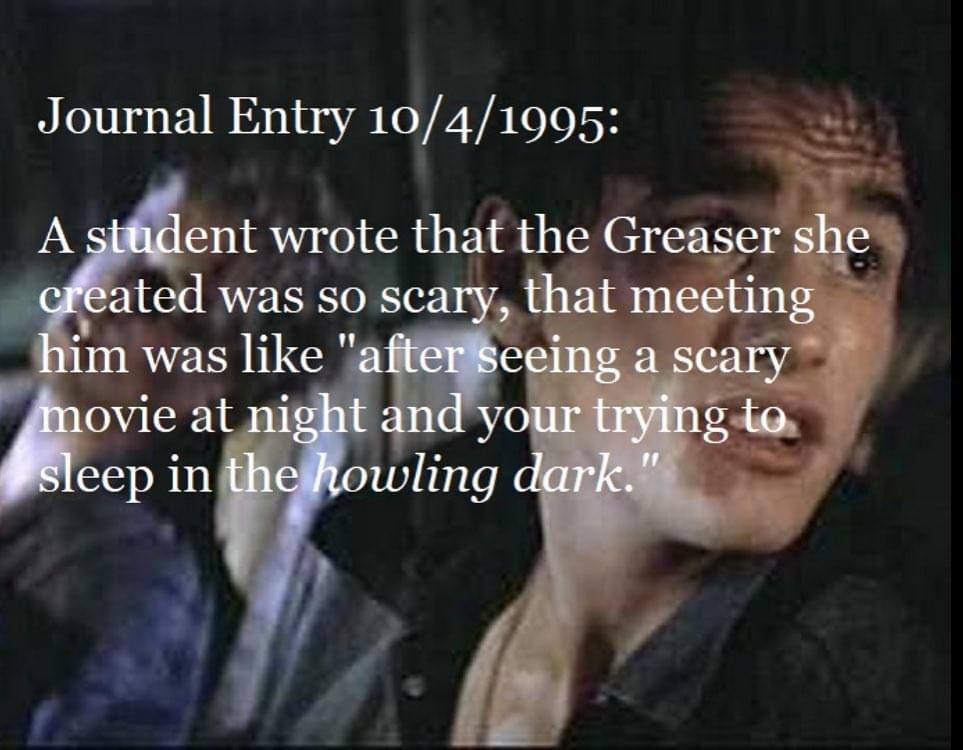I didn’t submit a pitch for a Mother’s Day storytelling show because too many memories of my mom are from near the end of her life, and I thought that they were all sad. I didn’t want to tell a sad story.
But when we went to the show yesterday, one of the stories really touched me. The teller related how he had read to his mother in the last months of her life, and how they were able to connect through the stories.
It brought me back to when my mother was recovering from strokes. Her ability to come back was astounding; her will to get out of assisted living and back home profoundly impacted my family and I. It still inspires me.
When she got back home, she needed help with her reading and writing. I would visit after school, and for a while Mom was my student. We worked on reading brief passages, and I would have her answer questions about them. Learning to write again was arduous for her, but she was committed and showed great improvement.
For fun, we would play cards. We had played Rummy here and there throughout the years, so that’s the game we chose. We had to play with the cards face up; Mom couldn’t consistently remember how to group the cards to score points. Over time she got better at this. Finally, one day she beat me without my help! I was so proud of her, and it was even fun to lose!
I guess what I learned is that even within the often difficult and painful times of those years, there were also meaningful and happy moments of connection between mother and son. I hope that those types of memories will continue to emerge as the years go on.



